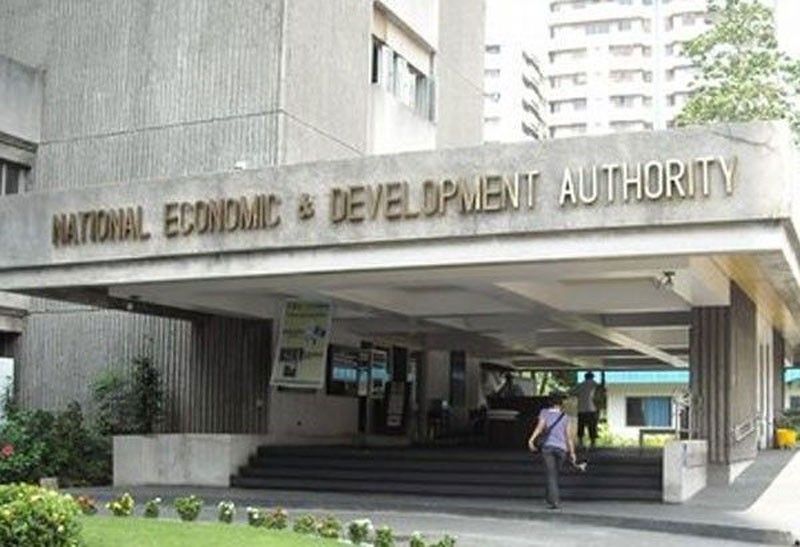NEDA cites need to invest in lifelong learning

MANILA, Philippines — The National Economic and Development Authority (NEDA) has underscored the need to invest in lifelong learning, promoting job creation and increasing employability to maximize the country’s demographic dividend.
During the high-level meeting for this year’s World Population Day last July 11, NEDA Undersecretary Rosemarie Edillon discussed the importance of such measures to achieve the goals of the overall development blueprint or the Philippine Development Plan 2023-2028 and to reap the benefits of the country’s demographic dividend.
Demographic dividend refers to the economic growth resulting from changes in a population’s structure and characteristics.
“To align national and local development plans with the ongoing demographic transition, we have outlined various plans, programs and policies in the PDP that will ensure that all Filipinos have access to social services, opportunities to improve their employability and social protection,” Edillon said.
She added that this framework has been cascaded to the regional level.
She also stressed that it is crucial to address challenges coming from demographic changes in the municipal and city levels.
As the Philippines is undergoing a demographic transition, the United Nations Population Fund (UNFPA) said the country would need to work on being able to adapt and thrive amid the changes.
The UNFPA added that the declining fertility rate of the Philippines would result in a window of opportunity where the country has a productive population larger than its dependent population.
To reap the benefits of the demographic dividend, the agency said the country would have to make the right investments and policies by investing in the people throughout their life course.
In NEDA director general Arsenio Balisacan’s keynote address read by Edillon, it was emphasized that the government is focused on eradicating poverty, promoting lifelong learning and transformative education, providing accessible health care, ensuring gender equality and fostering sustainable economic growth.
During the event, the UNFPA released its annual report, the State of the World Population, to commemorate the milestone of the global population surpassing the eight-billion mark.
Not the solution
Meanwhile, institutionalizing blended learning will not resolve perennial problems in the education sector that lead to learning losses, the Alliance of Concerned Teachers (ACT) said yesterday.
Responding to the Department of Education (DepEd)’s plan to adopt blended learning as a way to address teacher and classroom shortages, ACT chairman Vladimer Quetua emphasized that in-person classes are irreplaceable, especially given the learning losses incurred during the height of the COVID-19 pandemic.
“The DepEd’s plan to make blended learning permanent will further contribute to the learning crisis, especially since many students do not have their own gadget and stable access to the internet,” Quetua said in Filipino.
“Teachers still haven’t received the support they need to teach online, such as laptops, printers and internet allowance. It will also prevent us from focusing on the students as it will add more burden to us,” he added.
During the Palace press briefing last July 11, DepEd spokesman Undersecretary Michael Poa disclosed that the agency has adopted a “two-track approach” to improve the country’s education system.
In addition to hiring more teachers and constructing more classrooms, Poa said they would also tap into technology, such as a by institutionalizing the blended learning adopted during the pandemic.
“We want to use that to be able to decongest our schools. This will effectively and efficiently resolve the issues … as to teachers’ shortage and classroom shortage in a quicker span of time,” he added, as he noted that the DepEd would ensure that the program to be adopted will be able to provide quality education.
The ACT, however, maintained that blended learning is not the concrete answer to the shortage of classrooms and teachers.
- Latest
- Trending

































